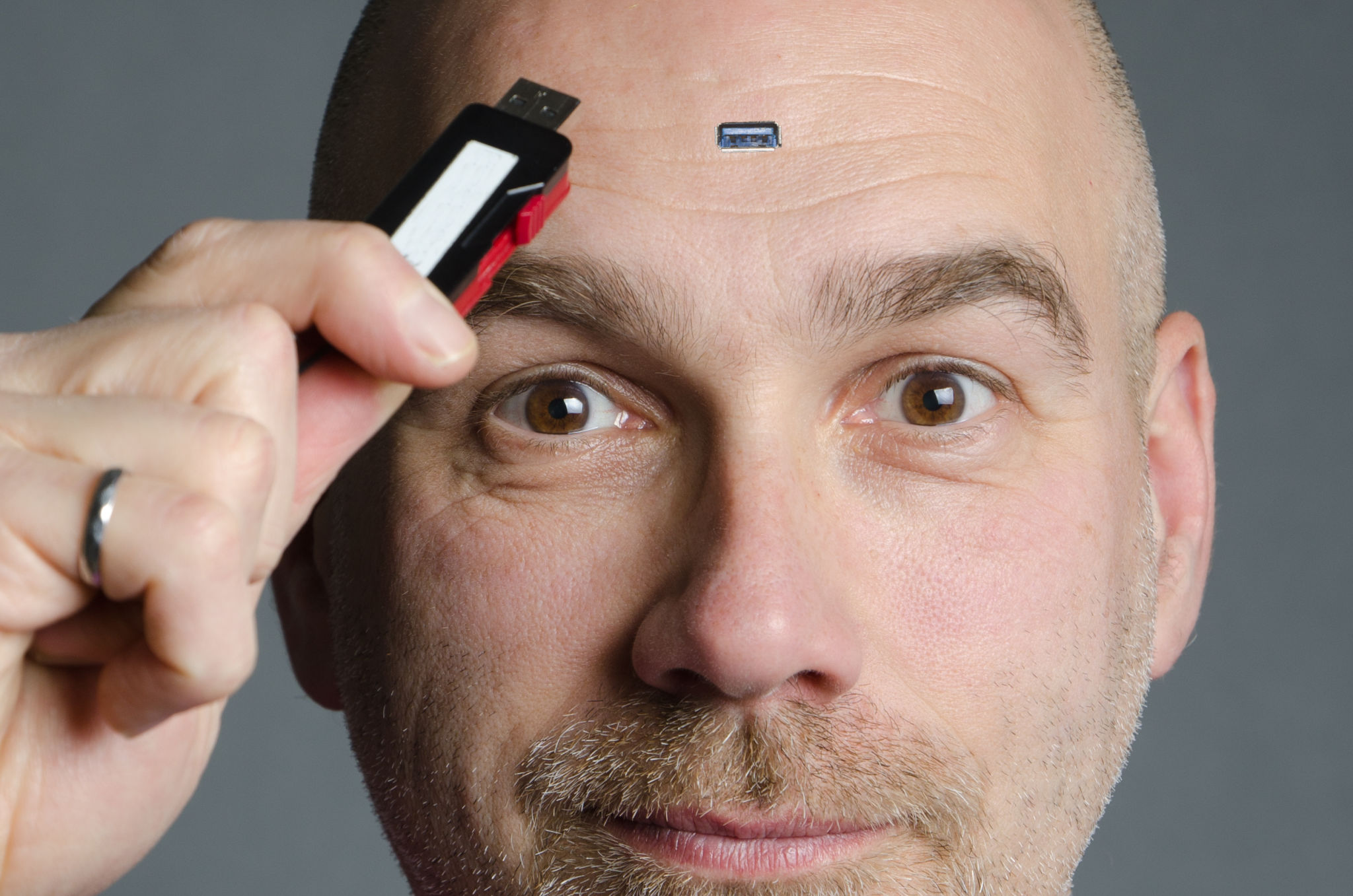Common Misconceptions About Dementia Memory Aids and How to Overcome Them
Understanding Dementia Memory Aids
Dementia affects millions of individuals worldwide, causing memory loss and cognitive decline. Memory aids are essential tools that can help those living with dementia maintain their independence and improve their quality of life. However, there are several common misconceptions about these aids that can hinder their effective use.

Misconception: Memory Aids Are Only for Severe Cases
One of the most prevalent misconceptions is that memory aids are only useful for individuals with severe dementia. In reality, these tools can be beneficial at any stage of the condition. Early adoption of memory aids can help slow cognitive decline and make daily life more manageable.
It's important to understand that dementia is a progressive condition, and early intervention can make a significant difference. Memory aids like calendars, reminder apps, and labeled storage can be introduced early to ease the transition into later stages.
Misconception: All Memory Aids Are High-Tech
Another common belief is that memory aids are exclusively high-tech devices. While technology has indeed provided advanced solutions, such as digital assistants and wearable devices, not all memory aids need to be tech-based. Simple solutions like sticky notes, photo albums, and personalized calendars can also be highly effective.

It's essential to choose the right type of aid that suits the individual's preferences and abilities. Low-tech solutions are often more accessible and less intimidating for those who may be overwhelmed by complex technology.
Misconception: Memory Aids Replace Human Interaction
Some people worry that relying on memory aids may lead to reduced human interaction. However, this is not the case. Memory aids are designed to supplement human support, not replace it. They can actually facilitate social engagement by helping individuals remember appointments, social events, and important dates.
Caregivers and family members play a crucial role in helping individuals with dementia use these aids effectively. By integrating memory aids into daily routines, caregivers can enhance communication and strengthen relationships.

Overcoming Misconceptions
To overcome these misconceptions, awareness and education are key. Here are some strategies to help integrate memory aids effectively:
- Educate: Provide information sessions for caregivers and family members about the benefits and uses of different memory aids.
- Personalize: Tailor memory aids to the individual's specific needs and preferences to ensure they are comfortable and effective.
- Support: Offer ongoing support and training for both the person with dementia and their caregivers to maximize the benefits of memory aids.
By addressing these misconceptions head-on, we can improve the lives of those affected by dementia and empower them to live more independently.